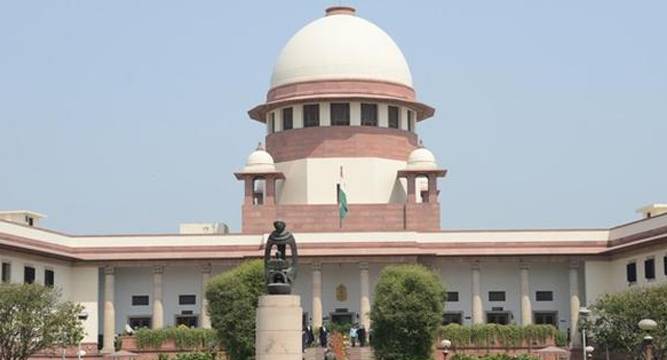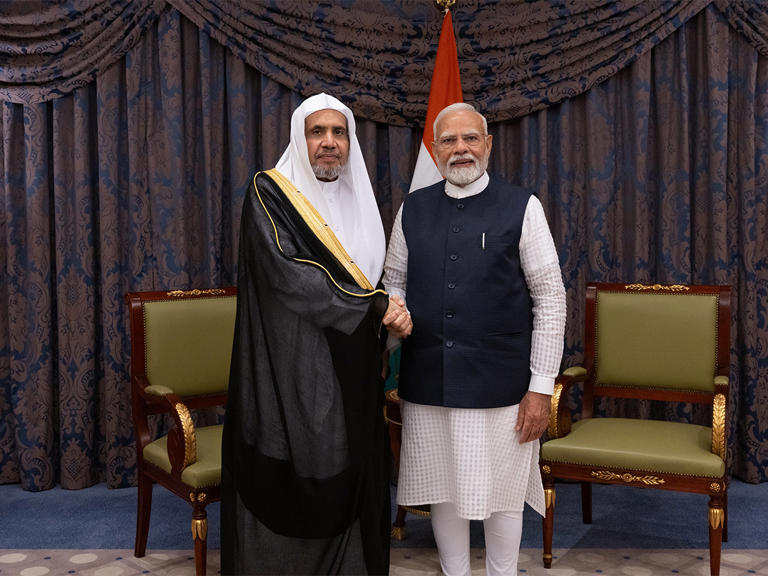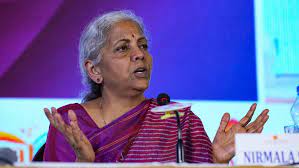SC to hear plea against juvenile's release today
Mon 21 Dec 2015, 11:27:15

On Monday, the Supreme Court will have the opportunity to declare the law on whether it was injustice to release a juvenile convict involved in a brutal crime in compliance with the written law and without proof to show he has reformed.
The court may take a call on whether it should adjudicate within the narrow limits of the Juvenile Justice Act and release the juvenile convict or demand his mental assessment reports to show three years in a special home has reformed him and that he is no longer a threat to society.
If the court prima facie believes the contention of Delhi Commission for Women (DCW) chairperson Swati Maliwal that the juvenile convict is a “serious threat to society,” a Bench of Justices A.K. Goel and U.U. Lalit can use extraordinary powers under Article 142 to do “complete justice.”
The Bill prescribing that juveniles aged 16-18 and accused of heinous offences, as in this case, should be tried as adults, is stuck in the Rajya Sabha.
The Juvenile Justice Act, as it stands now, only requires juvenile offenders to spend three years in a special home. It is somehow expected by this law that they would reform within this time and be ready to be assimilated back into society.
The statute does not distinguish
between juvenile offenders guilty of heinous crimes and those in care homes for lesser offences. The statute banks on the legal fiction that all juveniles commit crime without mens rea (intention) and need to be reformed.
between juvenile offenders guilty of heinous crimes and those in care homes for lesser offences. The statute banks on the legal fiction that all juveniles commit crime without mens rea (intention) and need to be reformed.
The Supreme Court itself had recently poked holes in the juvenile law. “There can be a situation where a commission of an offence may be totally innocuous or emerging from a circumstance where a young boy is not aware of the consequences. But in cases of rape, dacoity, murder, which are heinous crimes, it is extremely difficult to conceive that the juvenile was not aware of the consequences,” Justice Dipak Misra said in a recent order.
Legal experts argue that there is no other choice but to release the juvenile convict as there is no clear statutory backing to continue his detention. But the DCW’s petition contends that there are other alternatives to releasing the convict. One of them is Rule 32 of the Delhi Juvenile Justice (Care and Protection of Children) Rules, 2009, which envisages long-term institutional care as a last resort in serious cases like the present one. The convict should not be released from institutional care until his mental assessment finds him fit for social reintegration and rehabilitation, the DCW argues.
No Comments For This Post, Be first to write a Comment.
Most viewed from Specials
Most viewed from World
AIMIM News
Latest Urdu News
Most Viewed
May 26, 2020
Do you think Canada-India relations will improve under New PM Mark Carney?
Latest Videos View All
Like Us
Home
About Us
Advertise With Us
All Polls
Epaper Archives
Privacy Policy
Contact Us
Download Etemaad App
© 2025 Etemaad Daily News, All Rights Reserved.













.jpg)

.jpg)
.jpg)
.jpg)
.jpg)
.jpg)
.jpg)
.jpg)
.jpg)
.jpg)
.jpg)

















